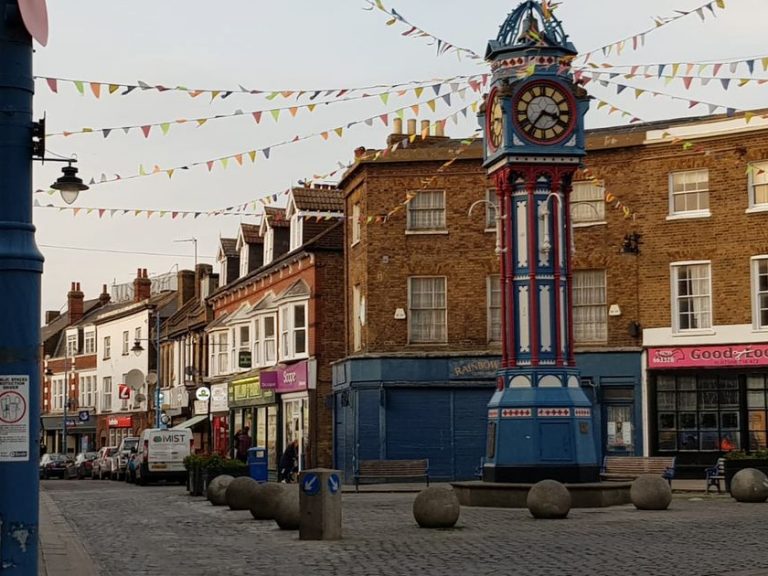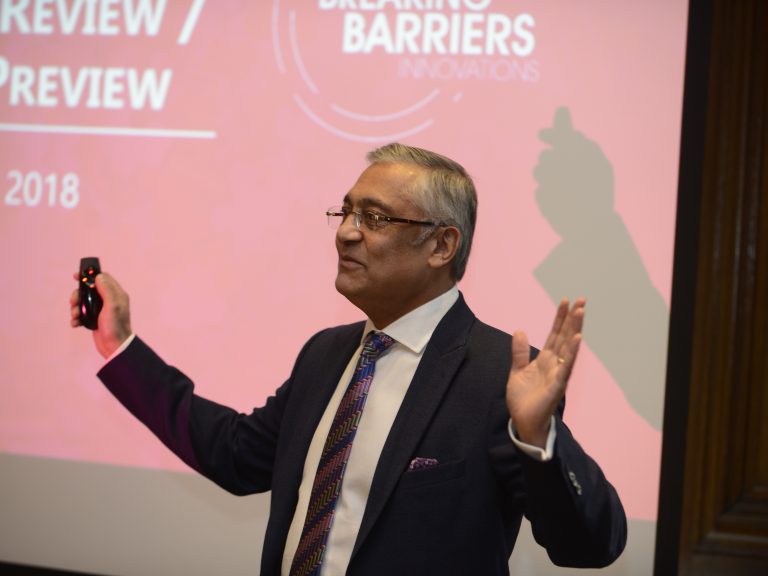Bridging the Care Gap
Breaking Barriers Innovations Senior Programme Manager Matthew Finucane takes a look at the current crisis in adult social care.
Whitehall today grapples with the crisis of a generation. This crisis divides the major parties, has lain waste to electoral campaigns, and has already cost the country hundreds of millions of pounds in emergency funding, just to tread water. Yet despite this issue’s seriousness and its potential consequences for people’s lives, public understanding of it remains dismal.
But this issue is not Brexit, but adult social care. The government recognises our aging society as one of four Grand Challenges in its Industrial Strategy, but its Social Care Green Paper, setting out its plan to address this challenge, was announced in March 2017 and is yet to see the light of day. As the deadline approaches, it is widely expected to be delayed for a fifth time, and this will almost certainly add to the over £1bn of emergency funding deployed to keep the system afloat.
The reasons for these delays are clear enough. Brexit has paralysed Whitehall and strangulated all other policy agendas. The Conservative government’s most recent, piecemeal attempt to fix the broken social care funding model – branded the ‘dementia tax’ by opponents – helped lose them their parliamentary majority in 2017.
On top of this, there is an apathy born of ignorance among many people; 44% of people think social care is provided by the NHS, and 28% think it’s universally free at the point of access. Only 15% of people are making plans to pay for their care in later life, when 44% of care home residents currently pay the entirety of their care costs themselves (an average of £29,270 per year, or £39,300 if nursing is required).
The effects on providers in the care home market have been devastating. Over 400 operators have collapsed over the past five years, with even major operators like Allied Healthcare and Four Seasons Healthcare – together responsible for some 30,000 residents – on thin ice. It is for this reason that Breaking Barriers Innovations have been exploring new models for integrating social care into the wider health system and improving patient flow.
The first phase of this programme concluded in October, with the Bridging the Care Gap roundtable, convened by our chair, Lord Patel of Bradford. If you would like any information on where we will be taking this programme next, please do not hesitate to contact matthew.finucane@dgmi.co.uk.

Matthew Finucane is a Senior Programme Manager at Breaking Barriers Innovations

















